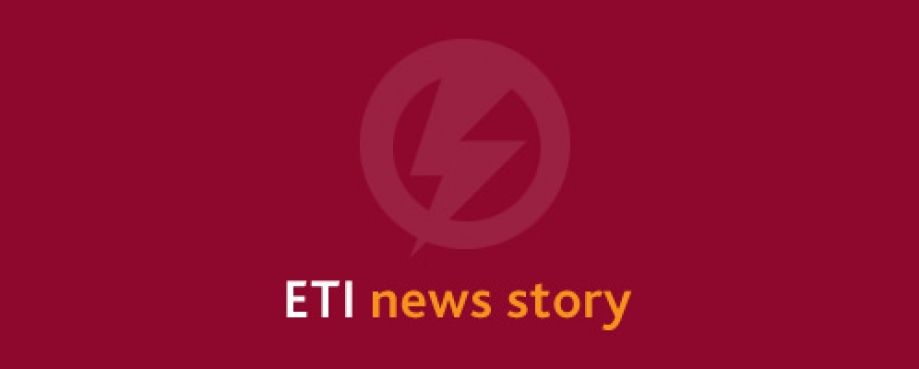
On Thursday's edition of BBC Radio 4's The World Tonight Programme, ETI Director Peter McAllister gave his reaction to the Savar factory collapse near Dhaka, Bangladesh. The interview also featured the Bangladesh Home Minister, Muhiuddin Khan Alamgir, who described the collapse as an accident.
McAllister commented, “This is a terrible tragedy, another example of appalling conditions in the Bangladesh garment industry.
I'm disappointed to hear what the Minister said, because this isn't just an accident: there's a widespread concern about conditions in factories in Bangladesh and a real need to focus attention on improving the situation.
All the companies who source from Bangladesh bear part of the responsibility. There's no doubt in our minds that the Bangladesh government and industry have a primary responsibility to ensure that factories are built to international standards, that they provide safe conditions for workers, and they need to take those responsibilities.
International brands who source from countries and know the conditions there, need to do a lot more to make sure that the factories they are sourcing from meet standards, are well built, properly inspected, have fire escapes and are treating workers properly. So there's a shared responsibility here.”
On the year-on-year improvements that ETI member companies commit to, McAllister said, “Primark is not alone – a lot of companies source from Bangladesh. But for too many years there's been complacency at the model – sourcing from Bangladesh and not taking the issues and the conditions seriously. Last year's fire really has galvanised people – but it's clear there needs to be very urgent, very serious investment in that sector and we're working with our members to make sure that's being done in a transparent and coordinated way, but it will take time.
The Bangladesh government has a mandate to put in place appropriate laws. But clearly our members have a very significant responsibility to make it clear that they will only source from factories that meet international standards.”
You can hear the complete 9 minute feature on the programme's website (starts at 31:18mins, with Peter McAllister speaking from 36mins)
ETI provided earlier comment on the unfolding events to the Guardian, and which followed our own statement on the tragedy.
